All posts by Walter Frei
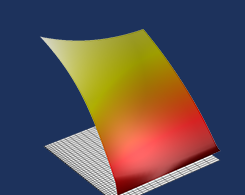
Equation-Based Modeling with a Space-Time Discretization
In COMSOL Multiphysics®, almost any expression in a computational model can be modified. For example, using a space-time discretization can make optimization problems easy and fast to implement.
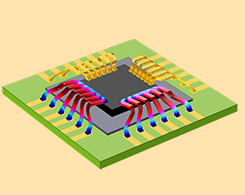
Course: Modeling Joule Heating with Thermal Expansion
Get an overview of the course on Joule heating and thermal expansion. Plus, access supporting material.
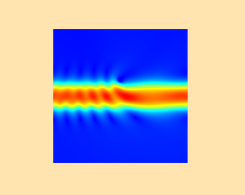
Modeling a Scatterer Near an Optical Waveguide
In the real world, most structures are more complex than a 2D dielectric slab. However, if you’re designing photonic structures, you can learn a lot about wave optics modeling from this example.
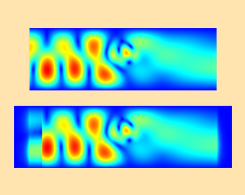
Modeling Waveguides that Support Multiple Modes
2 ways you can model a waveguide that supports multiple modes: add a PML that can be used to absorb any modes, or explicitly add ports for each possible mode.
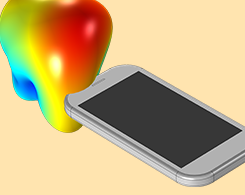
Computational Electromagnetics Modeling: Which Module to Use?
If you work with a particular electromagnetic device or application area, you might be wondering which module in the COMSOL product suite is right for you. Keep reading for a comprehensive intro.
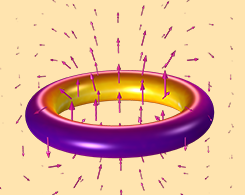
Course: Modeling Electromagnetic Coils in COMSOL®
Get an overview of our Learning Center course on modeling coils using COMSOL Multiphysics and the AC/DC Module, from setting up a coil model to analyzing electromagnetic heating and more.
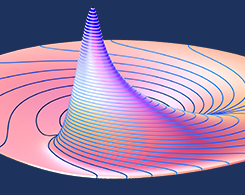
Exploiting Hardware Parallelism with COMSOL® Batch Sweeps
What is a batch sweep? How do I set up a batch sweep for my model? How much batch parallelism can COMSOL Multiphysics® exploit? We answer these questions and more…
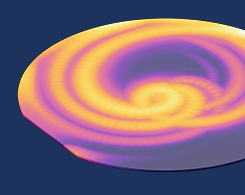
How to Use State Variables in COMSOL Multiphysics®
As of COMSOL Multiphysics® version 5.5, you can use state variables to track the state of your model; affect other fields, such as material properties; and even implement hysteresis.
